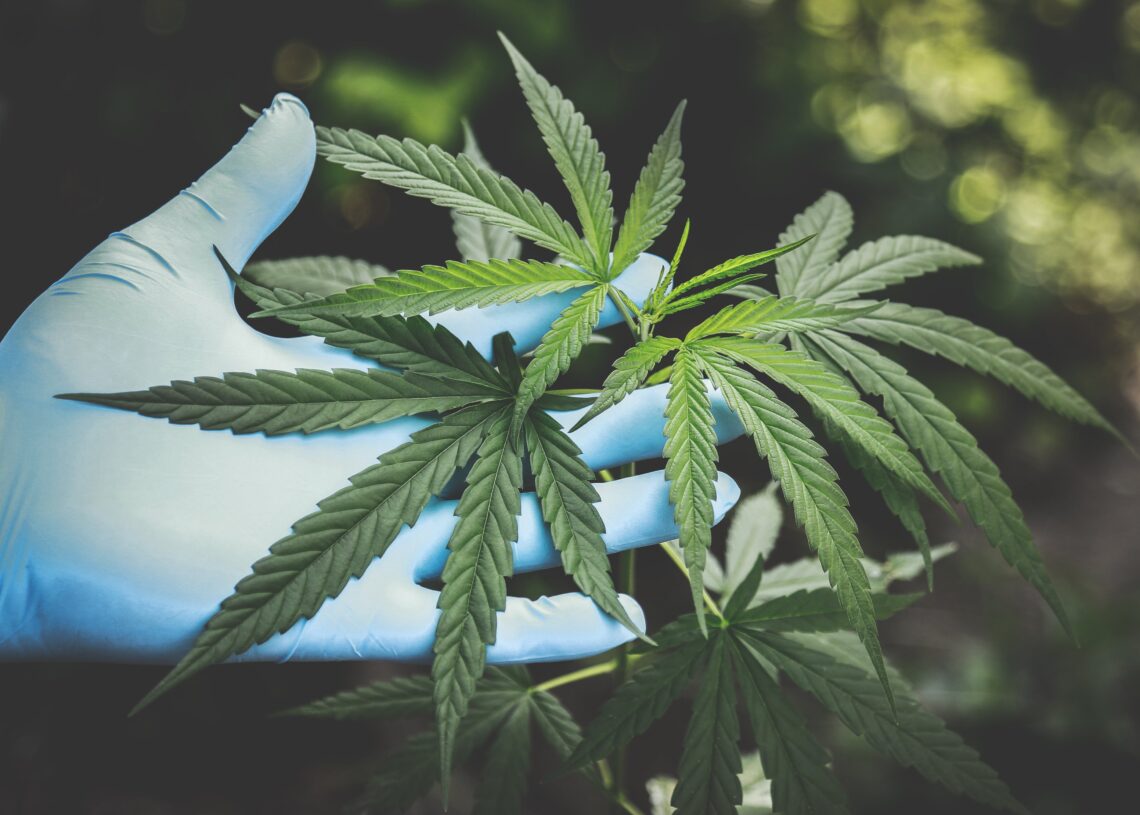On December 7, 2023, the second event of the webinar series on “Innovative Alternative Development Approaches” presented virtually the latest developments and opportunities in relation to legal industrial hemp and medical cannabis value chains and the nexus with development-oriented drug policy interventions.This second event was organized by GIZ on behalf of the German Federal Ministry for Economic Cooperation and Development (BMZ) as part of the activities of COPOLAD III in cooperation with the Global Partnership on Drug Policy and Development (GPDPD).
This second event was organized by GIZ on behalf of the German Federal Ministry for Economic Cooperation and Development (BMZ) as part of COPOLAD III activities in cooperation with the Global Programme on Drug Policy and Development (GPDPD).
Marco Fugazza, Economist of the Division of International Trade and Goods at the United Nations Conference on Trade and Development (UNCTAD) opened the thematic space with his presentation on trade in industrial hemp. He presented the report COMMODITIES AT A GLANCE: Special issue on industrial hemp (unctad.org). Among the report’s findings, the diversity of products and uses of industrial hemp is highlighted, which allows taking advantage of the plant in an integrated manner. However, comprehensive use requires regulatory frameworks that do not yet exist in most countries. Among the considerations for the development of the industrial hemp chain is the need to adapt the sector’s strategies to local realities and consistent with global demand. The potential for integrating its cultivation with voluntary carbon offsetting schemes and national emission reduction plans should be considered. Finally, it was noted that more information is needed to evaluate the conditions for access to these markets.
Sylvia Kay, Project Coordinator at the Transnational Institute (TNI) then spoke about opportunities for a sustainable future for cannabis farmers and “Alternative Development” in the legal cannabis market based on the report Cannabis and Development | Transnational Institute (tni.org). Her presentation highlighted that the legal norms for cannabis and hemp markets are diverse, and therefore the development options for traditional and small-scale farmers vary. Some experiences of Caribbean and African countries reflect the accumulation of profits in large companies. Public policies with notions of social and racial justice, are some of the measures that can favor the sustainable inclusion of the most vulnerable groups.
Miguel Samper Strouss, External Advisor to the Colombian Association of Cannabis Industries (ASOCOLCANNA), provided insights from the private sector on the medicinal cannabis market. It was emphasized that, despite high expectations and the issuance of numerous licenses following regulatory developments in Colombia, only a few projects are operational due to substantial investments required to meet market standards. A model of Alternative Development involving small-scale farmers poses both regulatory and economic challenges. This entails investing not only in the production chain but also in public goods to enhance competitiveness.
The discussions seek to encourage countries to consider the integration of licit medical cannabis and industrial hemp markets into their Alternative Development strategies and projects. The topics discussed included the long-term integral accompaniment of the State, the design and adjustment of regulatory frameworks, as well as the improvement of information on the size and real potential of the markets.






